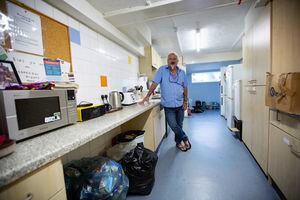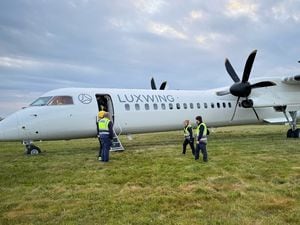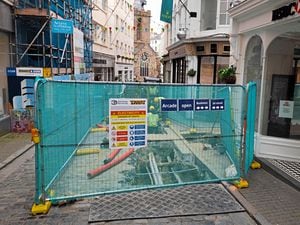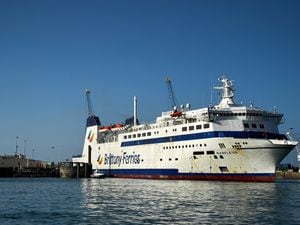GAAS - highest client numbers in 10 years following lockdown
THE Guernsey Alcohol Advisory Service will discover tomorrow whether it has been successful in securing government funding for the next five years.

The charity recently submitted its application for its third tender process since the introduction of the Drug and Alcohol Strategy. Prior to that, annual contributions had been given by the States since 1975.
Service director Dave Newman says the charity faced a constant battle to raise funds to provide badly-needed help, with referrals for counselling rising sharply after each lockdown.
The first week of June saw the highest number of new clients for 10 years.
Meanwhile, the charity’s dry house at Brockside in the Grange, is fully booked and two new bedsits are being readied in order to expand capacity.
The States provides about half of the £140,000 running costs each year, while income is derived from the rent charged for rooms at the dry house and charitable donations.
‘We are constantly operating hand-to-mouth,’ Mr Newman said. ‘We have a fantastic facility here but while we’re asset rich, we’re cash poor.
‘I always say, tongue-in-cheek, that the biggest pub landlord, tobacconist and bookmaker on the island is the States of Guernsey, so although they provide valuable funding, there is a huge disparity between what they take in duties and what goes out.’
Most clients attend for face-to-
face counselling, usually in hour-long sessions, and they come from a range of socio-economic backgrounds.
‘We swapped to using social media and FaceTime to provide counselling for our existing clients during lockdown,’ Mr Newman said, ‘but we also saw a big rise in concerned individuals getting in touch during that time. This led to a big rise in referrals after lockdown.
‘Anyone can refer someone, but the person who needs the appointment needs to pick up the phone and make it.’
Mr Newman began his counselling work for the service in 1993, when he arrived with a background in psychiatric nursing.
During the 1990s, he said, 80% of clients were men.
However, by the 2000s, the ratio was 50-50.
Sessions can be used to provide clients, or their significant others, information and support or can be used to form a planned therapeutic intervention.
‘One thing I’ve never seen is someone coming through the door saying “everything in my life is fine – I just have an alcohol problem”,’ Mr Newman said.
‘There’s always another problem behind it and the sessions become less and less about alcohol as time goes on.’
n The Guernsey Alcohol Advisory Service can be contacted online at www.gaas.org.gg or on 723255.





